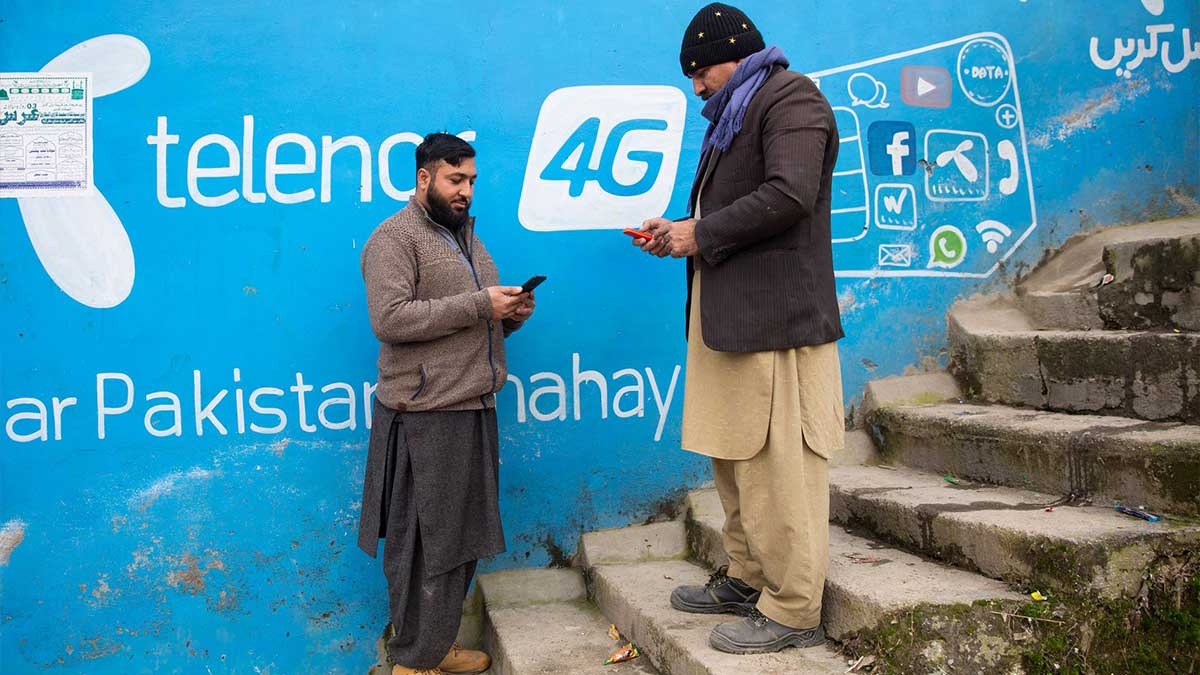Facebook teamed up with mobile carriers in developing countries like Indonesia, Pakistan, and the Philippines to provide free access to Facebook and a few other internet services. However, users have been unintentionally paid by their mobile carriers for accessing Facebook’s “free” services, according to a recent article from the Wall Street Journal.
Free Basics was a service offered by Meta Connectivity, formerly known as Facebook Connectivity, that was supposed to provide “free access to communication tools, health information, education resources, and other low-bandwidth services.”
Meta Connectivity has been in existence since 2013 and currently covers over 300 million people as of October 2022. However, according to a Wall Street Journal internal analysis, Facebook had known for months that users were being charged to utilize the Free Basics services. The problems were referred to as ‘leakages’ by Facebook because they happened when paid and free services began to intersect.
Pakistani Users Were Robbed the Most
Because most people in underdeveloped nations utilize prepaid phone plans, they are often unaware that they are being charged for utilizing mobile data until they run out of their balance. According to the Wall Street Journal, Facebook users in Pakistan have been charged the highest, totaling $1.9 million, and the problem has also impacted two dozen other countries.
Read more: Hunarmand Nojawan, Facebook to train 10,000 females in micro-entrepreneurship
Facebook’s software, User Interface (UI), and videos on the network appear to be the root of the problem. Videos are not intended to surface while using Free Basics, but faults in Facebook’s software allowed a couple to show up. Due to the error within application, notifications informing users that they will be charged for watching the videos also did not appear.
Facebook “Fixed” The Issue
According to the Wall Street Journal, Facebook was aware that videos were responsible for 83 percent of the extra charges on mobile data. Meanwhile, Facebook claims to have resolved the problem.





















